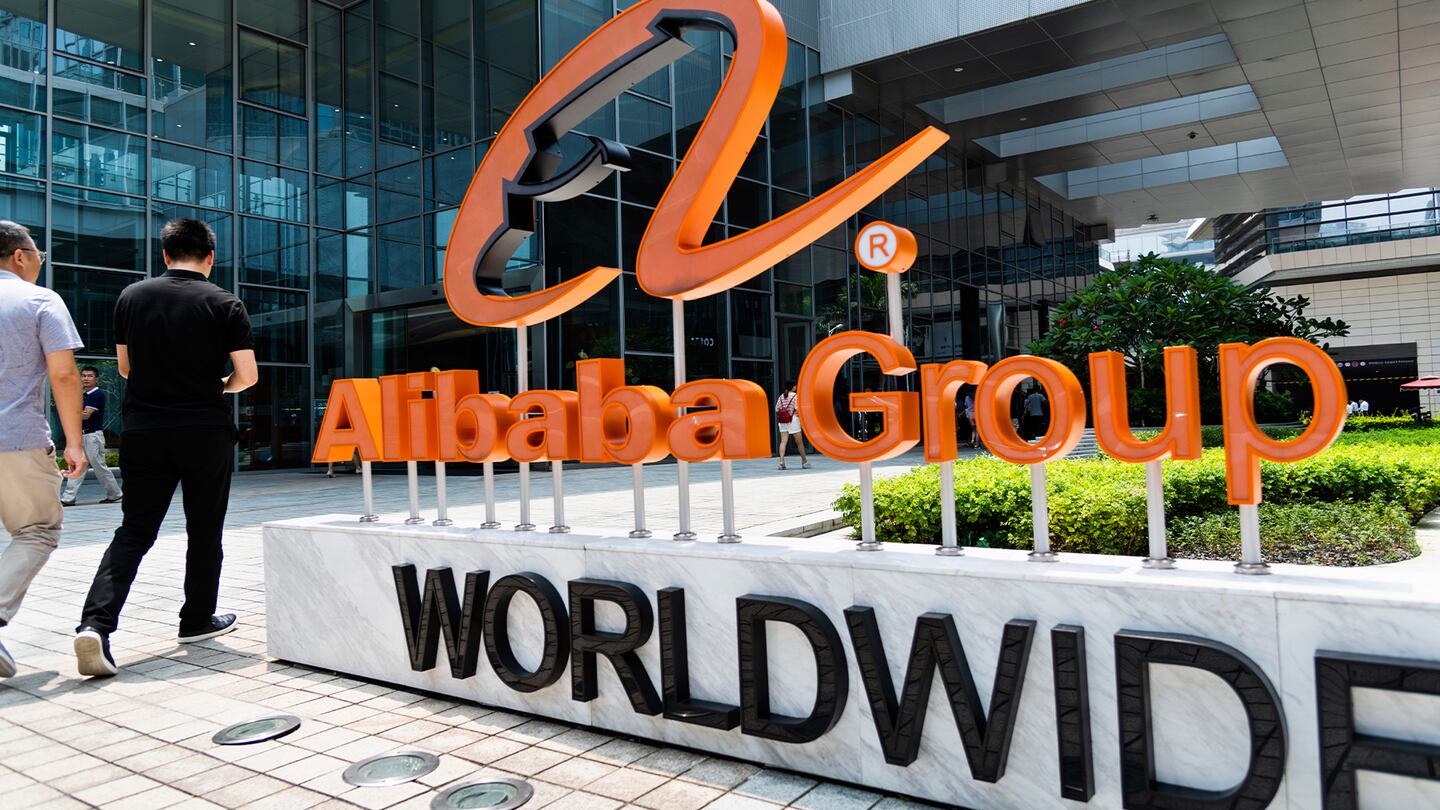
The Business of Fashion
Agenda-setting intelligence, analysis and advice for the global fashion community.

Agenda-setting intelligence, analysis and advice for the global fashion community.

Cainiao Smart Logistics Network Ltd., the logistics arm of Alibaba Group Holding Ltd., has filed for its Hong Kong initial public offering, potentially making it among the first of the Chinese e-commerce leader’s units to go public.
Citic Securities Co., Citigroup Inc. and JPMorgan Chase & Co. are joint sponsors of the offering, according to the preliminary prospectus posted on the stock exchange website Tuesday.
The document, which confirmed an earlier Bloomberg report on the timing of Cainiao’s filing, didn’t provide details of the offering terms. The first-time share sale could raise at least $1 billion, people familiar with the matter have said.
The Hong Kong exchange confirmed that the company can proceed with its proposed Cainiao spinoff and IPO, according to another filing Tuesday. Hangzhou-based Alibaba intends to retain more than 50 percent of the unit’s shares and keep Cainiao as a subsidiary, the filing said.
ADVERTISEMENT
The application could see Cainiao pull ahead of other Alibaba units on the path to separate listings, following the parent’s surprise announcement in March that it would split up the business. Separately, Alibaba is putting the Hong Kong IPO of its Freshippo grocery chain on the backburner amid weak sentiment for consumer stocks in China. The tech firm is prioritising the listings of other units, Bloomberg News reported earlier.
Alibaba is in the midst of a historic overhaul, splitting up into six main units and transitioning to new leadership under recently appointed chief executive officer Eddie Wu. His predecessor, Daniel Zhang, stepped down as chair and CEO to focus on Alibaba’s cloud division, and then months later, relinquished those duties as well to take on a brand-new investment fund.
Alibaba co-founded Cainiao in 2013, using it as the delivery backbone for its Chinese online marketplaces. The unit followed Alibaba’s footsteps into the global e-commerce arena, handling parcels for millions of merchants and brands on platforms like AliExpress and Southeast Asia’s Lazada.
Cainiao, which means “rookie” or “amateur” in Chinese, promises to deliver packages in China within 24 hours and anywhere else in the world in 72 hours.
The company now considers international express delivery a major driver for growth and serves over 100,000 merchants and brands to deliver more than 1.5 billion cross-border e-commerce parcels a year, it said in its prospectus.
Revenue from Alibaba Group accounted for 30 percent of Cainiao sales over the past three fiscal years and average daily parcel volume increased from 0.7 million in 2017 to 4.8 million in 2023, it said.
Cainiao’s revenue for the three months ended June 30 rose 34 percent to 23.16 billion yuan ($3.2 billion). The company reported net income of 391 million yuan for the quarter, compared with a net loss of 338 million yuan the same time last year.
Adjusted EBITDA a measure of operating profit that strips out one-off items and the effects of stock awards, increased 185 percent from a year earlier to 1.81 billion yuan.
ADVERTISEMENT
By Pei Li and Jane Zhang
Learn more:
Alibaba’s Global Online Commerce Arm Weighs US IPO
Alibaba Group Holding Ltd.’s international online shopping unit is exploring a US initial public offering as it weighs options to spur growth for the business that includes major e-commerce brands Lazada and AliExpress.
The nature of livestream transactions makes it hard to identify and weed out counterfeits and fakes despite growth of new technologies aimed at detecting infringement.
The extraordinary expectations placed on the technology have set it up for the inevitable comedown. But that’s when the real work of seeing whether it can be truly transformative begins.
Successful social media acquisitions require keeping both talent and technology in place. Neither is likely to happen in a deal for the Chinese app, writes Dave Lee.
TikTok’s first time sponsoring the glitzy event comes just as the US effectively deemed the company a national security threat under its current ownership, raising complications for Condé Nast and the gala’s other organisers.